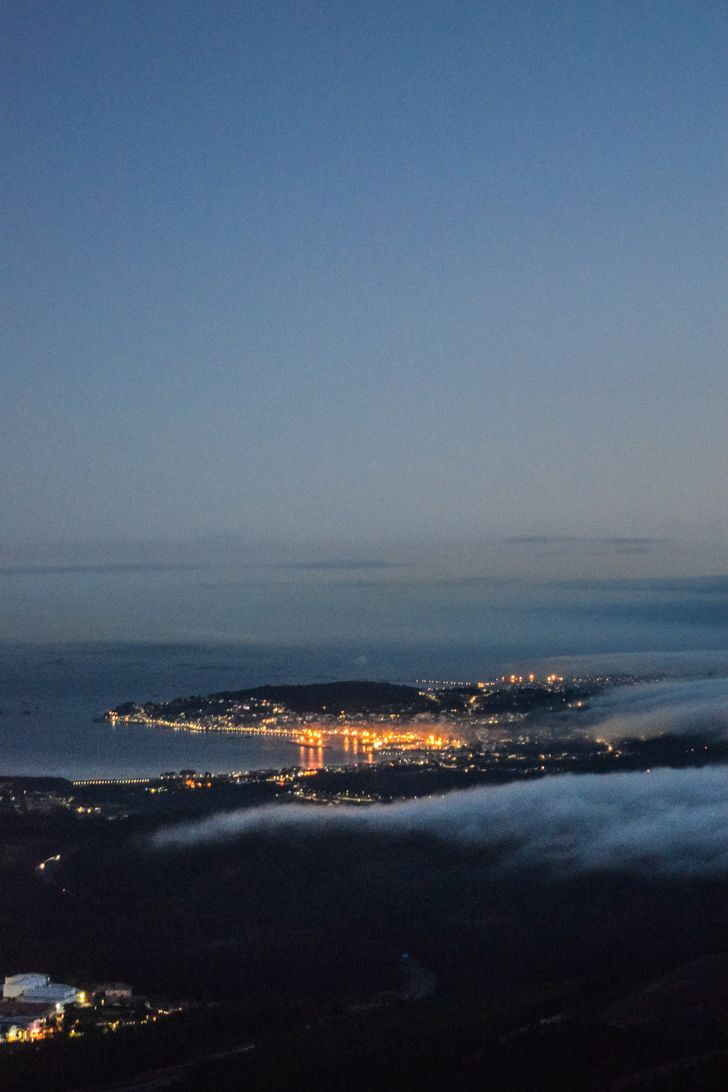It's easy to fall in love with the terracotta, moss and mango color scheme of the perfect villages of Tenerife, in which sun-basked roofs overlook the glistening sea. But, beneath the surface, Tenerife has began to crumble.
The sleepy island and its slower-paced way of life has resulted in a mass emigration, in which thousands of British expats have taken over. The sun has aged them all vastly and prematurely, but I guess that's what you get with playing with the weather of paradise.
The sea hugs the coast and grips at the mountains, and is full with hundreds of tourists. They speak loudly and purposefully in broken English to waiters that can easily recite two or three native tongues, imposing on a culture that has been the heart of the island for thousands of years.
As I shield my eyes from the masses of obnoxious pink and white English bodies around me, I think back to stories of the island. Even just 100 ago, it was full of small white houses with peach-tinted roofs, with locals living their own lives completely independent of the British.
This has all been replaced with billboards promoting two-for-one cocktails and happy hour.
The fact is that what they call progress has hollowed out the soul of the slow-paced Spanish lives, and instead, introduced beer-bellied Mancunians asking if the few remaining traditional tapas bars do greasy fry ups, bulk buying 800 cigarettes.
Even the British, who have 'tamed' this wild island, have began to suffer. Faces hardened like leather, their nocturnal night shifts at their pubs caused them to become drained. Hard hours, little return.
They don't have the time anymore, you can't get the time. To enjoy your loved ones, to enjoy life, they age too quickly to keep up. No one makes old bones.
'Tenerife, the home of paradise?' More like, 'Tenerife, the home of souls who deserve someplace better.'






 The minimum wage is not a living wage.
StableDiffusion
The minimum wage is not a living wage.
StableDiffusion
 influential nations
StableDiffusion
influential nations
StableDiffusion












